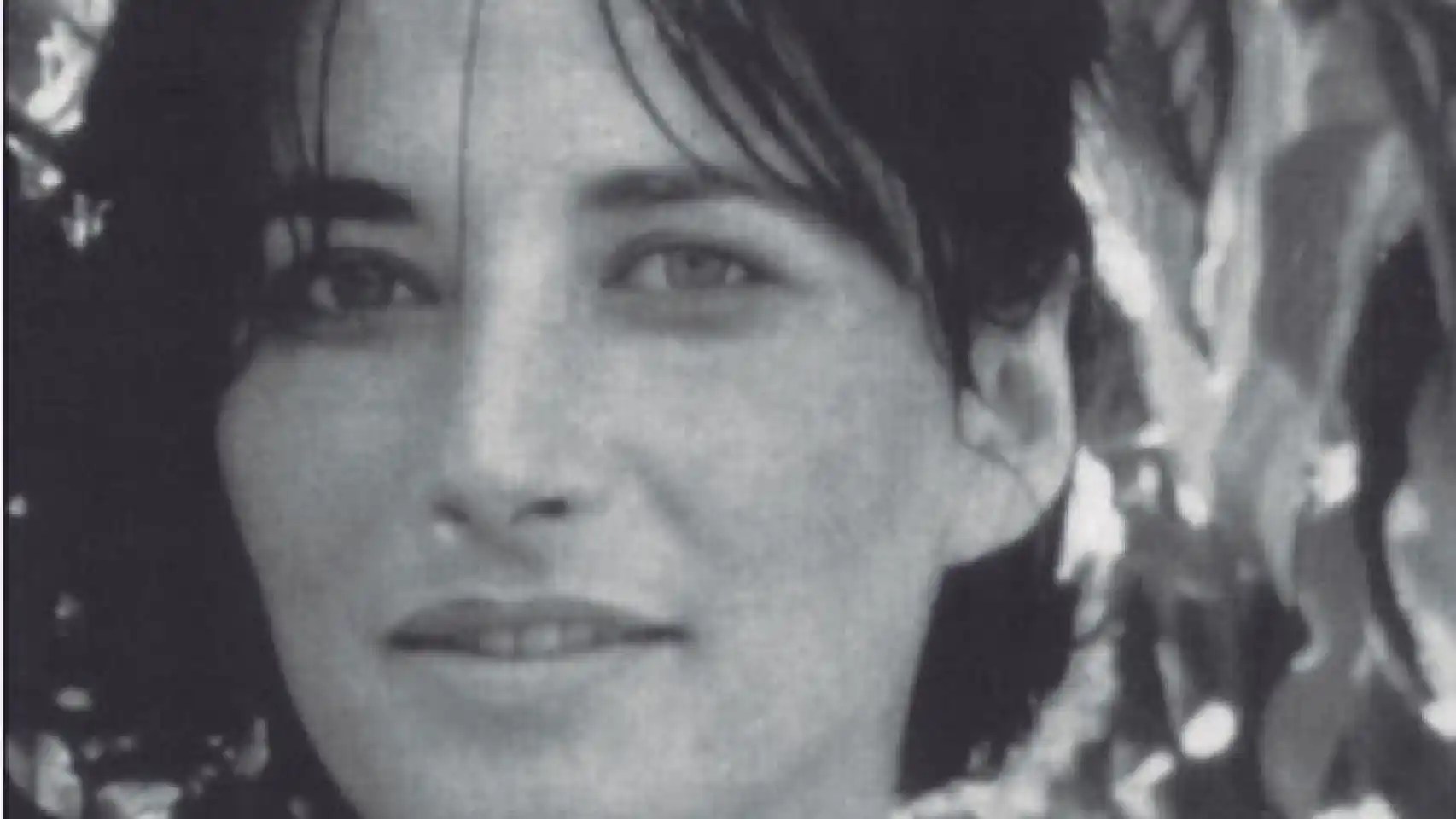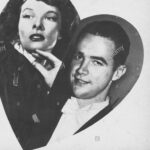Assia Wevill. A name whispered in hushed tones, forever linked to the tragic narrative of Sylvia Plath and Ted Hughes. Often relegated to the role of “the other woman,” Assia’s own story, rich with resilience, creativity, and ultimately, despair, deserves to be told. This is a journey into the life of a woman who escaped the clutches of Nazi Germany, navigated a complex web of relationships, and carved a space for herself in the vibrant literary landscape of 1960s London. It’s a story of survival, artistic pursuit, and the devastating consequences of unacknowledged pain.
Escaping the Shadow of War: Assia’s Early Life
Assia Esther Gutmann was born on May 15, 1927, in Berlin, into a world growing increasingly ominous. Her father, a Latvian Jewish physician, and her German Lutheran mother, could not shield her from the rising tide of antisemitism. Imagine young Assia, navigating the bustling streets of Berlin, the vibrant cultural scene a stark contrast to the insidious fear that permeated their lives. The Gutmann family’s escape from Germany in 1933, first to Italy and then to Mandatory Palestine before eventually settling in London, was more than a geographical relocation; it was a rupture, a severing of ties with their homeland and everything familiar. This early displacement likely instilled in Assia a deep understanding of life’s fragility and a resilience that would both empower and haunt her. The details of their escape – the routes they took, the challenges they faced – remain largely unexplored, offering a rich avenue for further research. Her sister Celia’s birth in 1929, amidst this upheaval, adds another layer to the family narrative, underscoring the precariousness of their lives.
Seeking Connection: Marriages and Identity
Assia’s path through life was marked by a series of marriages, each perhaps a search for connection and stability in a world that had felt so unstable in her youth. Her first marriage to John Steele in 1947 ended in divorce in 1949. Details surrounding her second marriage, which occurred around 1952, and the identity of her second husband remain elusive, presenting a tantalizing gap in the historical record. Her third marriage, to David Wevill in 1960, would be the backdrop against which her tumultuous relationship with Ted Hughes unfolded. What motivated these unions? Were they attempts to recreate the sense of belonging lost in her childhood escape, or were they driven by other, deeper motivations? Further investigation into these relationships could reveal invaluable insights into Assia’s emotional landscape and the factors that shaped her choices.
Finding Her Voice: A Creative Spirit Emerges
Assia Wevill was more than just a wife; she was a woman of intellect and creative ambition. She carved a successful career as an advertising copywriter in the bustling world of 1960s London, her words skillfully crafting persuasive narratives that fueled consumer desire. But her creative energies extended beyond the commercial realm. Assia wrote poetry under her maiden name, Assia Gutmann, pouring her emotions and experiences onto the page. She also worked as a translator of Hebrew poetry, notably the work of Yehuda Amichai, bridging languages and cultures. How did her creative work reflect her inner world, her experiences of displacement, and the complexities of her relationships? A comparative analysis of her writing style and themes with those of Hughes and Plath could provide fascinating insights. Did her translations offer solace, a way to connect with other voices in a world that may have sometimes felt isolating?
A Tangled Web: The Hughes-Plath Connection
Assia’s story becomes inextricably intertwined with that of Sylvia Plath and Ted Hughes in 1961 when she and David sublet their London flat to the literary power couple. Just a year later, a passionate affair began between Hughes and Assia, a relationship born from creative sparks and shared intellectual passions but also shrouded in secrecy. A note from Hughes to Assia, containing the telling phrase “despite all marriages,” hints at the complex web of relationships and obligations that entangled them. Plath’s suicide in 1963 cast a long, dark shadow over Hughes and Assia’s relationship, forever coloring public perception of Assia as the “other woman.” While their love affair undoubtedly played a role in the breakdown of Hughes’s marriage, reducing Assia to a mere homewrecker overlooks the nuanced realities of their connection. What drew them together? Was it a shared artistic sensibility, a mutual understanding of the creative spirit, or something more profound? The answers remain elusive, beckoning further exploration. Although they never married – Assia remained legally bound to David Wevill – they lived together and had a daughter, Shura, born in 1965. Their unconventional union, lived under the weight of public scrutiny and past tragedy, may have contributed to the tragic events that followed.
A Tragic Echo: Loss and Legacy
Gustav Holst In The Bleak Midwinter lyrics evoke a sense of haunting beauty, much like the tragic end of Assia’s life, which mirrors the tragedy that claimed Sylvia Plath. On March 23, 1969, Assia took her own life and the life of her four-year-old daughter, Shura, using the same method as Plath – gas poisoning. This chilling parallel raises a multitude of questions. Was this act driven by despair, a desperate echo of Plath’s fate, the weight of societal judgment, or a culmination of other, more personal struggles? The circumstances surrounding their deaths continue to be debated, and while definitive answers remain elusive, it’s essential to approach this sensitive topic with nuance and empathy. Some experts suggest the intense public scrutiny and condemnation following Plath’s death may have contributed to Assia’s declining mental health. Others point to potential underlying psychological factors, perhaps exacerbated by the trauma of her childhood escape from Nazi Germany. The tragic similarities between Assia and Plath’s deaths also raise the question of “suicide contagion,” a phenomenon where one suicide can influence others, particularly within close social circles or under intense media coverage. Further research into this area could shed light on the complex psychological factors at play.
Reclaiming Assia: A Life Beyond the Headlines
Assia Wevill deserves to be remembered as more than just a footnote in the Plath-Hughes narrative or a tragic figure mirroring Plath’s fate. She was a woman of many dimensions – a poet, a translator, a survivor of war, a wife, a mother, a creative force in her own right. Her life, though tragically cut short, offers a glimpse into the complexities of human experience, the enduring strength of the human spirit, and the devastating consequences of unresolved trauma. Just as Jewel Plummer Cobb broke barriers and made significant contributions often overlooked, Assia’s story, too, deserves to be reclaimed and understood. It is a story that speaks to the challenges women faced in the 1960s, navigating societal expectations, pursuing their ambitions, and grappling with the complexities of love, loss, and identity. By exploring Assia’s life with empathy and nuance, we can move beyond the simplistic labels and sensationalized stories and gain a deeper appreciation for the woman behind the headlines.
- Crypto Quotes’ Red Flags: Avoid Costly Mistakes - June 30, 2025
- Unlock Inspirational Crypto Quotes: Future Predictions - June 30, 2025
- Famous Bitcoin Quotes: A Deep Dive into Crypto’s History - June 30, 2025
















